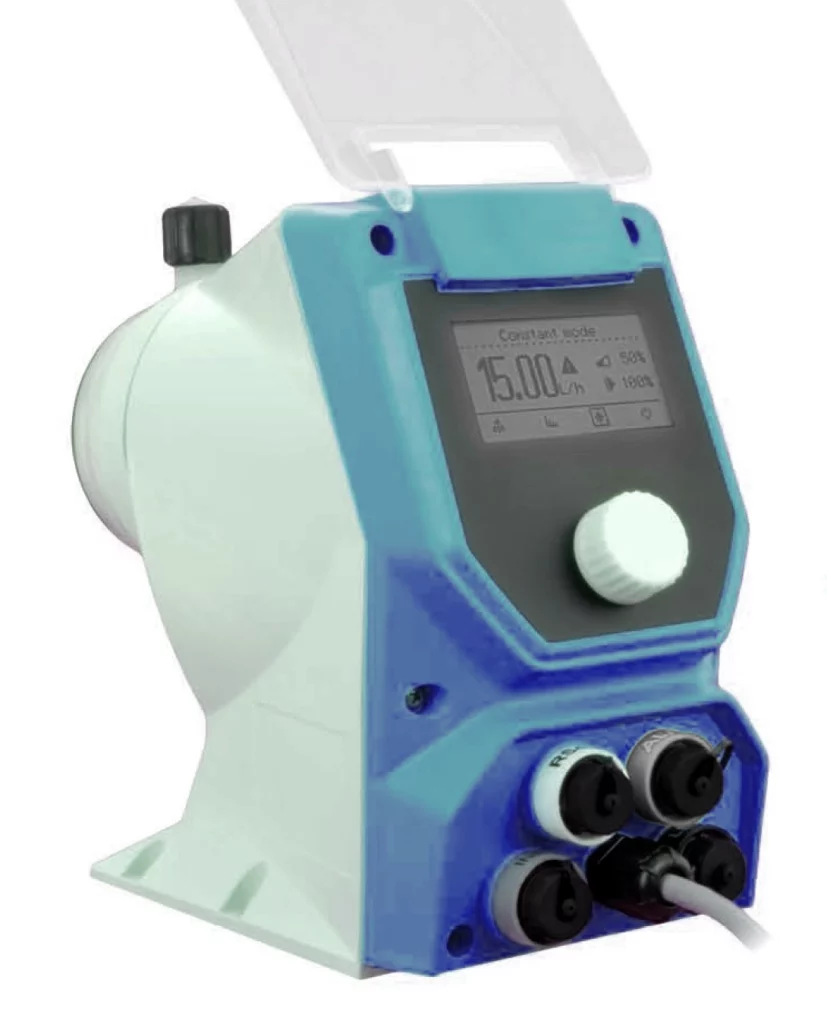Dosing pumps




Dosing pumps are an integral part of any laboratory, pilot plant or test site. Dosing pumps are used to dispense components, ingredients or additives. Depending on the application and the conditions of use, the required material for the components of the dosing pump is selected. As a rule, they are called "Dosing pump-ND".
Dosing pump - principle of operation
Dosing pumps work on the following principle: the product is sucked into the working chamber of the pump head by the reciprocating movements of the diaphragm (diaphragm). During discharge, the product is forced by the diaphragm through a reciprocating movement into the discharge pipe and then into the line where the dosing pump is installed. The working capacity of the metering pump is regulated by changing the frequency and volume of the operating pulse.
Dosing pumps - material of construction
Materials used in the manufacture of pumps: PP, PVDF, PVC, AISI, are resistant to chemicals and allow for the dosing of concentrated acids and alkalis, complex organic and inorganic compounds. Complex processes require a reliable dosing pump, and laboratory equipment usually consists of chemically resistant materials.
Application of metering pumps in industry
Dosing pumps are used in many areas of industry and households: water disinfection with sodium hypochlorite, water treatment at enterprises, industrial wastewater treatment, chemical water treatment for boiler equipment, dosing of acid and alkaline solutions and chemical reagents. This type of pump is especially valuable in the laboratories of industrial enterprises, where dosing processes are often carried out.
Advantages of dosing pumps:
- High degree of product dosing accuracy;
- Working with aggressive components;
- The use of dosing pumps in the pharmaceutical and food industries;
- A wide range of materials for the working part;